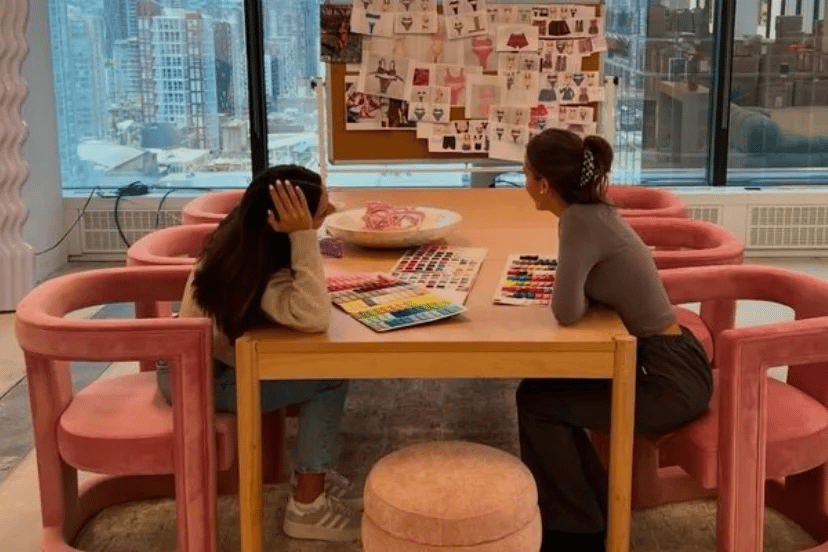
Corporate hustle culture was once worn as a badge of honour. We were slaves to the grind, wanting to claw our way to the top of the career ladder. But we've had enough. The #girlboss is dead, and we're not going to the funeral.
It's 2025 and women are still underpaid, underrepresented and overworked. We're done playing by the old rules. Move over, toxic work culture and burnout. We're writing our own playbook now.
We spoke to 60 women across generations about work in 2025, and the verdict is clear: we're rejecting toxic culture and embracing what actually matters.
"I work four days and then two days off. I don't need to climb the corporate ladder anymore," says Pip, an airport guest services worker. "I love not stressing about work unfinished, turning up and just seeing what happens."
Elissa wishes she'd chosen fulfilment over security: "I was always so grateful to have a well-paying role which enabled me to afford private schooling for my three kids… now my lifestyle is such I need to maintain my salary or make dramatic changes to change my career."
For Alyssa*, the reality hit harder: "I thought coming out of uni I was ready to 'girlboss' hard. By two years into work, I realised I'd been sold a lie — that a career could truly make me happy and that I could push 100 per cent at work while also giving my all in my personal life."
One thing's crystal clear: the way we think about work is changing, and fast.
Watch the trailer for BIZ, Mamamia's new podcast that's rewriting the rules of work for a new generation. Post continues below.




























































































